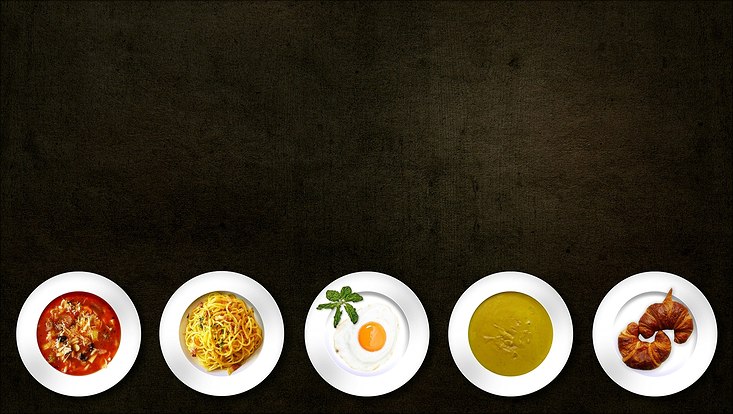Sustainable Lives: Food Choices as Politics and Lifestyle (funded until 2023)

Research question
Research Questions
| What drives food choices and how are they influenced by ideas and discourses related to more sustainable lifestyles? |
Background of the project
Climate change and other environmental and social problems are increasingly bringing the unsustainability of our current lifestyles to the fore. The research interest of the working group “Sustainable lives” focusses on food choices as a case study of leading a more or less sustainable lifestyle. In comparison to other areas of human behavior, nutrition accounts for a high share of each person’s environmental impact. While experts and activists may, by and large, agree that eating less meat, more plants from more local, organic and fair production, wrapped in less plastic, and bought in portions that can actually be consumed rather than thrown away, would be a step towards a more sustainable way of life, this knowledge does not automatically translate into more sustainable behavior. In some countries and some sociocultural contexts, food choices may be changing, while, particularly in some emerging economies, it seems unclear whether society is heading towards more sustainable ways of life.
Objective
In this collaborative research endeavor, the drivers of food choices and how changing discourses, norms and attitudes about food relate to actual patterns of food consumption will be investigated. This question can only be tackled in a comprehensive interdisciplinary approach that looks at both, discourses about food and the everyday practices of food consumption.
In addition to the topic of food choices, we will enlarge our focus to other consumer decisions such as housing or mobility choices (traveling, car ownership, flying by plane). Overall, we are concerned with understanding how these decisions are embedded in and influenced by discourses about politics, identity and sustainability, and which other factors (habits, infrastructure, etc.) play a role.
| Find out more about the previous work of the Research Group here |

